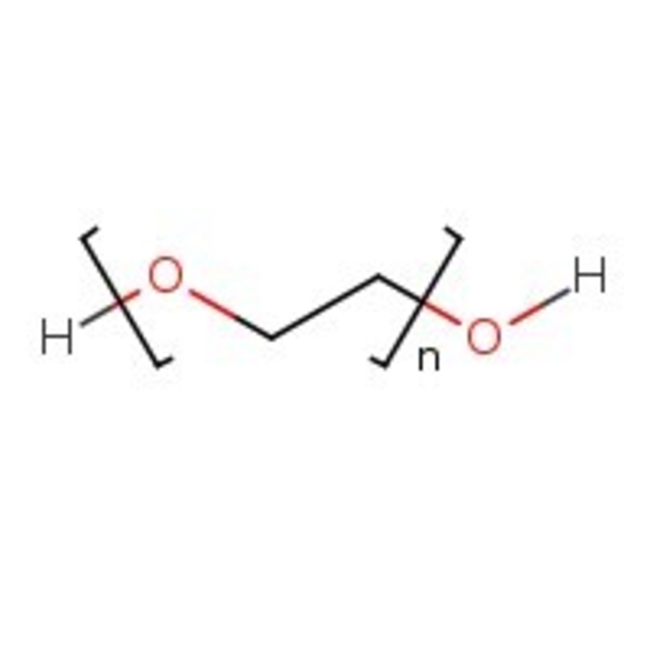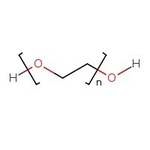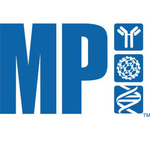Search Thermo Fisher Scientific
MP Biomedicals
Polyethylene Glycol, MP Biomedicals™
Can be used to precipitate DNA. Polyethylene Glycol, MP Biomedicals (PEG) is a condensation polymer of ethylene oxide and water. PEGs are susceptible to oxidative degradation in the presence of air. PEGs do not hydrolyze or deteriorate upon storage. PEGs
| Catalog Number | Quantity |
|---|---|
| MPB02195445.5 | 500 g |
Catalog number MPB02195445.5
View Price:Sign InSign in to see your account pricing. Need an account? Register with us today.
Quantity:
500 g
Specifications
CAS25322-68-3
Melting Point56°C to 66°C
Recommended StorageRoom Temperature (15–30°C)
Density1.1-1.2g/mL (Lit.)
pH5.0 to 7.0 (5% aq. soln.)
View more
PEG has been used in the precipitation of proteins, as a fusing agent in enhancing the effect of macrophages on hybridoma, in the separation and purification of biomolecules, and in induction of cell hybridization. PEG 8000 can be used to precipitate DNA. PEG has also been used to recover pathogenic viruses and human rotaviruses from water, oyster and sediment samples. PEG has demonstrated to have anti-cell proliferation and antitumor effects via induction of apoptosis.
- PEGs are susceptible to oxidative degradation in the presence of air
- Minimizing the exposure of PEG to elevated temperatures and/or exposure to oxygen, or addition of an antioxidant, can limit the amount of degradation
- PEGs do not hydrolyze or deteriorate upon storage
- PEGs do not support the growth of molds
- PEG is incompatible with phenol and may reduce the antimicrobial action of other preservatives



